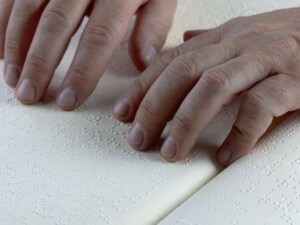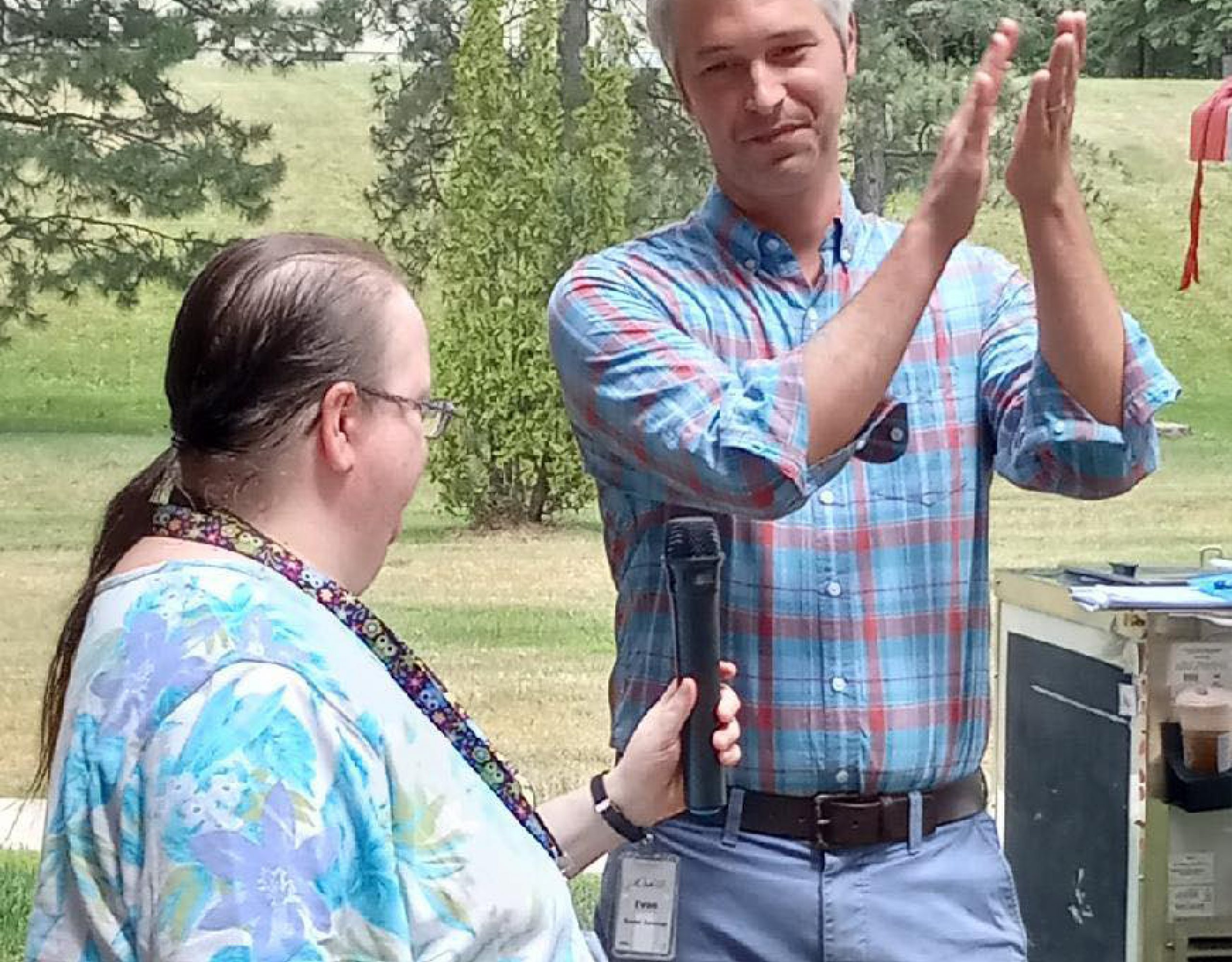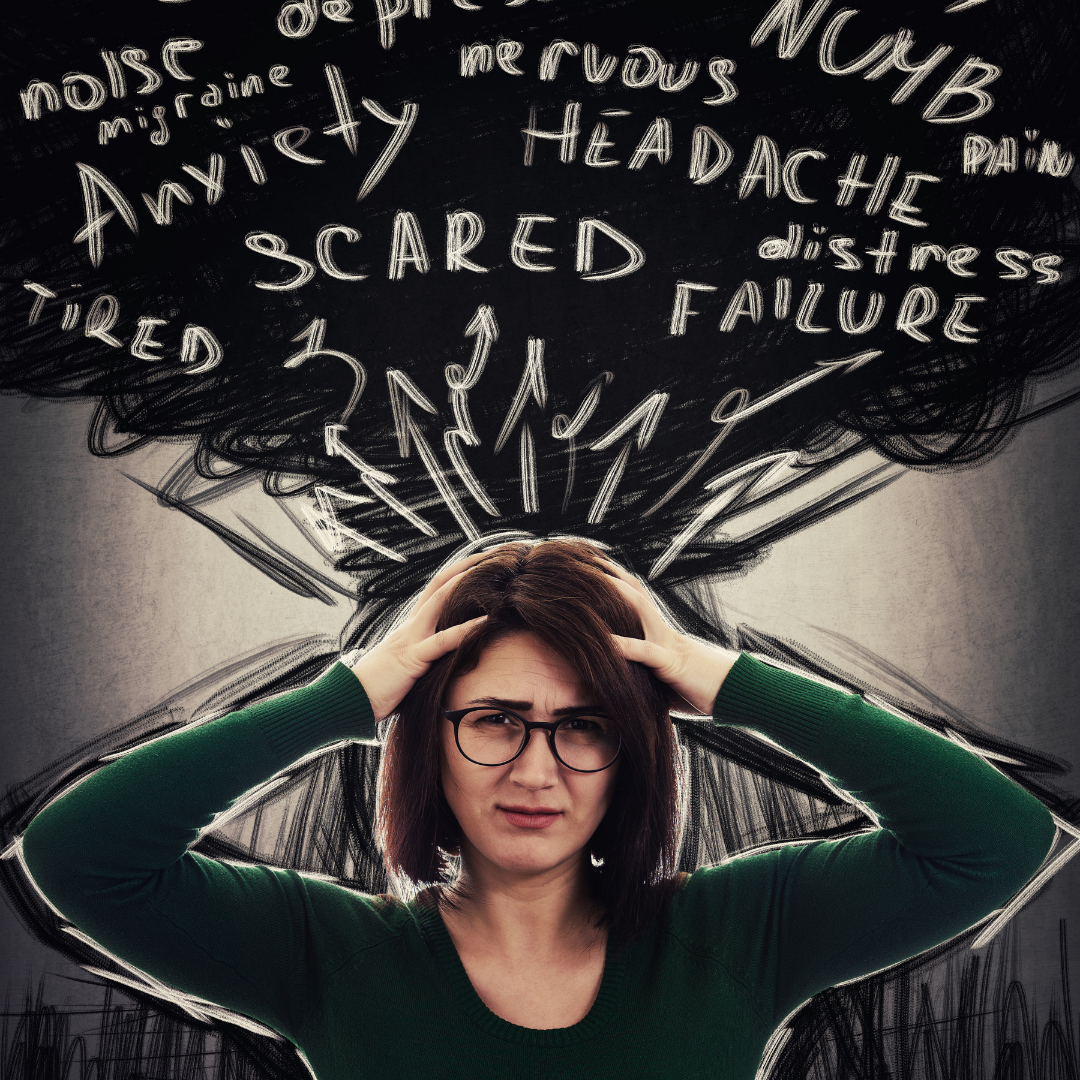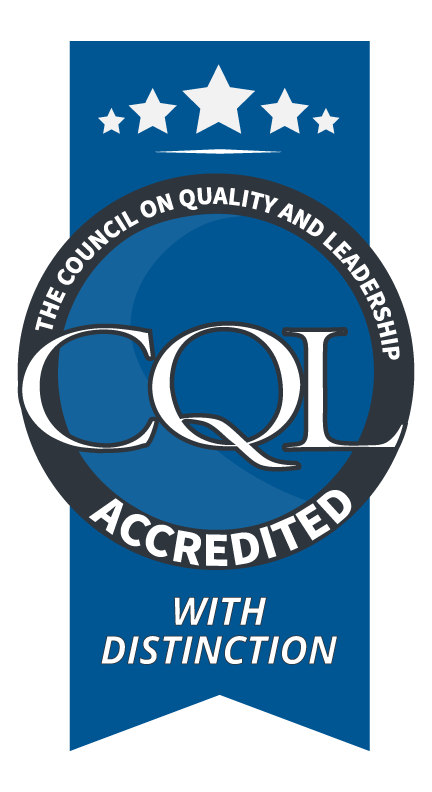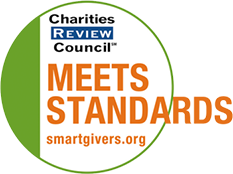by Kris Unise
Share
by Kris Unise
Share
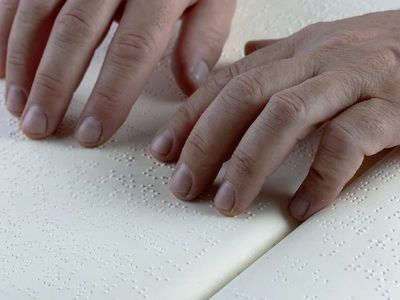
January 4th is World Braille Day!
Braille plays an important role in the complete realization of human rights in the lives of the blind and partially sighted people. That’s why every January 4th we celebrate World Braille Day. This is a day to not only recognize our friends who use Braille, but also a chance to advocate for their unique needs. Many people with disabilities have a lower chance of getting access to things like healthcare, education, and employment. We can use our platform to teach others about their abilities, rather than their disabilities.
What is Braille? It’s a tangible representation of alphabetic and numerical symbols. Six dots represent different letters and numbers to spell out words. And you can find it anywhere! Braille can be in math, science, even music. Braille is named after Louis Braille, who invented it for blind and partially sighted people in 19th century France.
Braille is instrumental in helping the visually impaired with education, freedom of speech, and social inclusion.
It’s also become quite clear with the events of the last year that Braille and audible formats are a lifeline for those who have been isolated by COVID-19. It has also posed questions of the higher risk of contamination due to the nature of how someone accesses Braille writing.
The United Nations has implemented several practices in order to promote a disability-inclusive response to the pandemic.
In Malawi, the United Nations Development Programme (UNDP) has produced 4,050 Braille materials on awareness and prevention of COVID-19. In Ethiopia, the Office of the United Nations High Commissioner for Human Rights (OHCHR) disseminated audio information and education and communication materials to media professionals, and has developed Braille versions of the educational messages. UNICEF has produced guidance notes that are available in multiple languages and accessible formats (including Braille and ‘easy-to-read’). ‘COVID-19: Considerations for Children and Adults with Disabilities’ addresses such issues as access to information; water, sanitation and hygiene; health care; education; child protection; and mental health and psychosocial support, as well as considerations for an inclusive workplace.
To learn more about the importance of Braille and how it’s being used during COVID-19, head to www.un.org.
STAY IN THE LOOP

